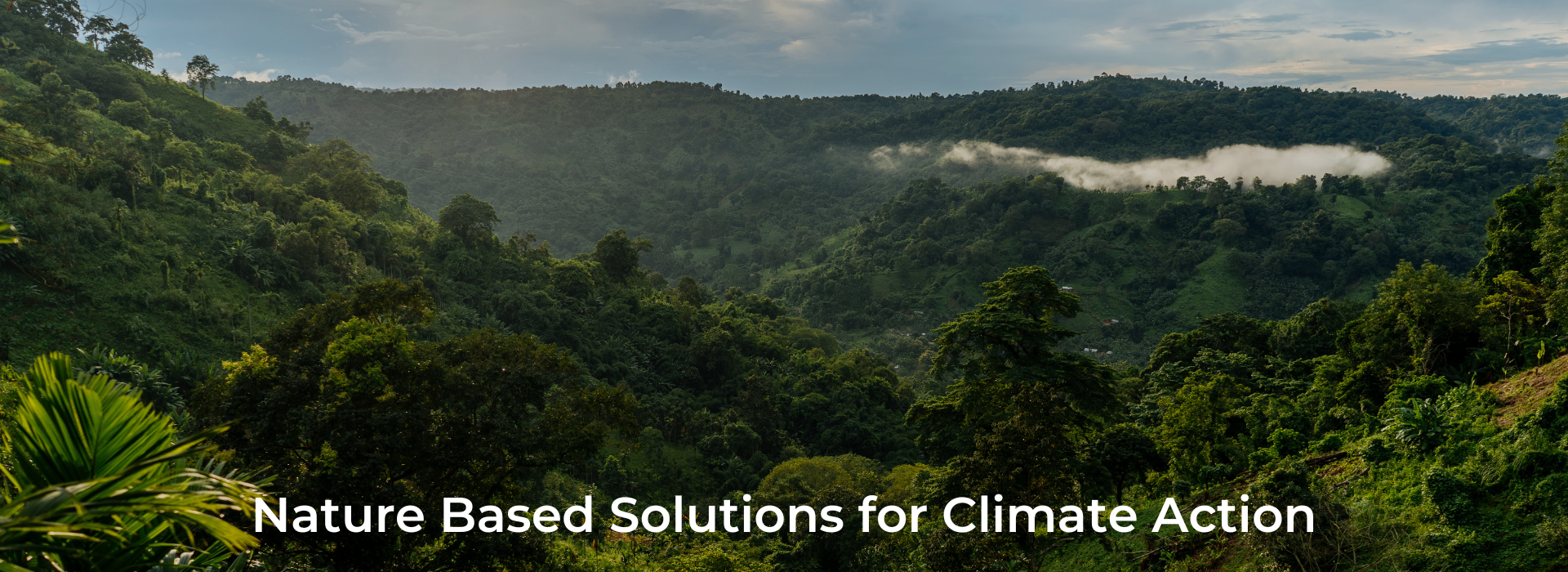Client:- USAID India
USAID initiated the Innovations in Ecosystem Management and Conservation (IEMaC) project under it’s InFORM (Innovations in Forest Resource Management) program. IORA led the deployment of IEMaC in collaboration with MART and Bioversity International. Implemented in two landscapes- Sirsi (Karnataka) and Mandla (Madhya Pradesh), IEMaC aimed at reducing pressure on forests through development of innovative gender sensitive tools for improved fuelwood management, community-centric NTFP value chains and community based forest-monitoring tools. They were trained on gendered value-chain development and assessment of its impact at household and enterprise level. We developed NTFP enterprises as an alternative livelihood strategy for the forest dependent communities. This involved developing sustainable NTFP harvesting techniques, community-based entrepreneurs, Farmer Producer Company (FPC), organic certification and value addition at processing hubs and market linkages leading to a 30% increased income for forest dependent communities. 50 women farmers were trained under the program. The program resulted in certification of 27 wild harvested produce, 20000 Ha of forest land & 400 farmers as organic under USDA-NOP, NPOP & EU 847/2007 organic standards.
The project led to the development of iFoReST (India’s Forest Resource Decision Support Tool), an innovative decision support system (DSS) that scientifically guides investments aimed at addressing unsustainable extraction of fuelwood from forests. The iFoReST was deployed in both the landscapes with the Karnataka Forest Department and Madhya Pradesh Forest Department, respectively. Several clean technology installations targeting domestic, commercial and institutional users of fuelwood were carried out by clean technology entrepreneurs trained under the project. The project resulted in 1,000 tonnes of reduced CO2 emissions, through increased community plantations, installation of fuel-efficient water heaters, dryers, cookstoves and jaggery processing units along with household biogas plants.


